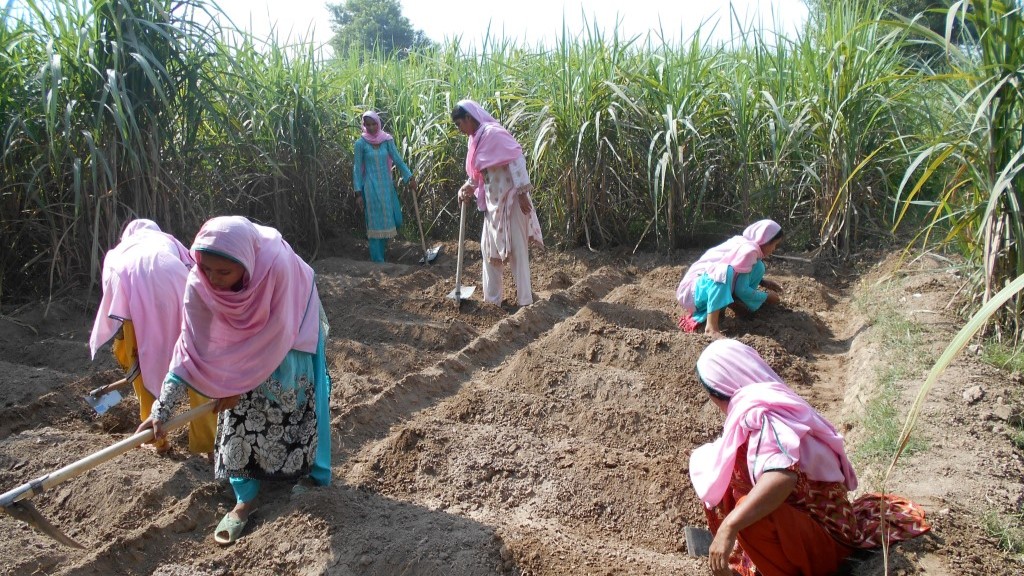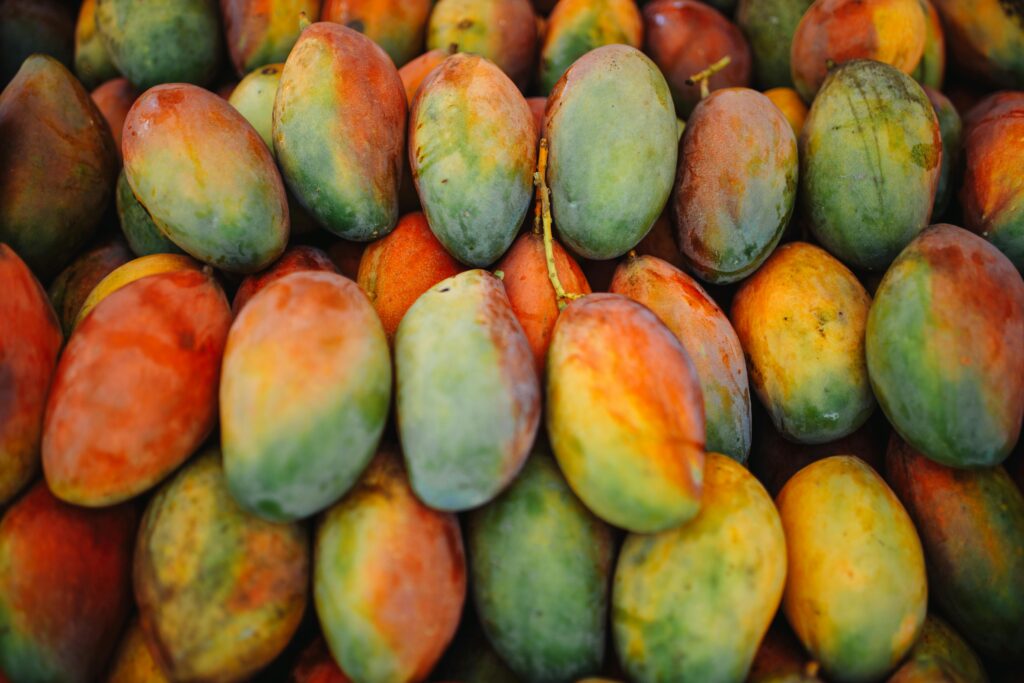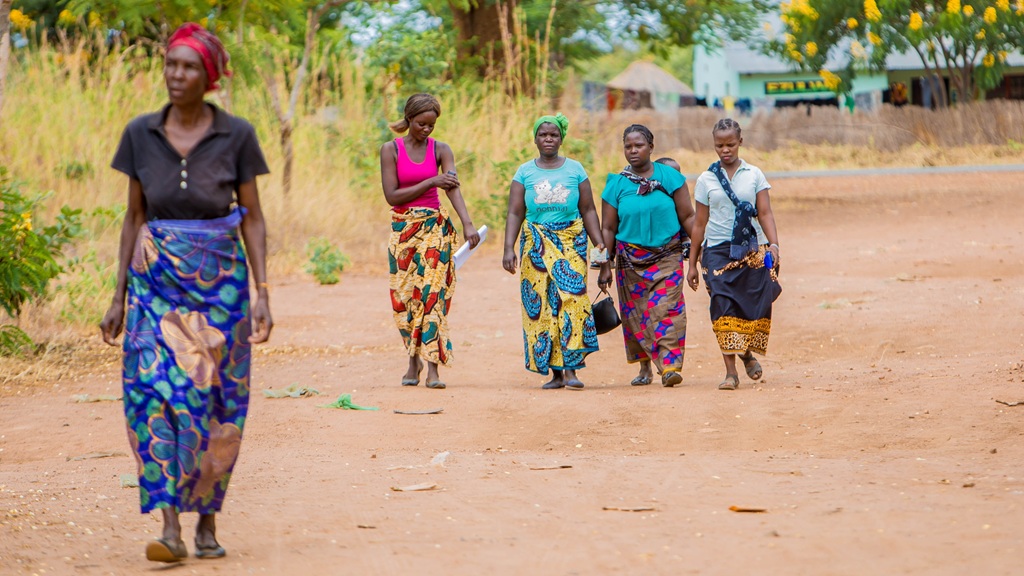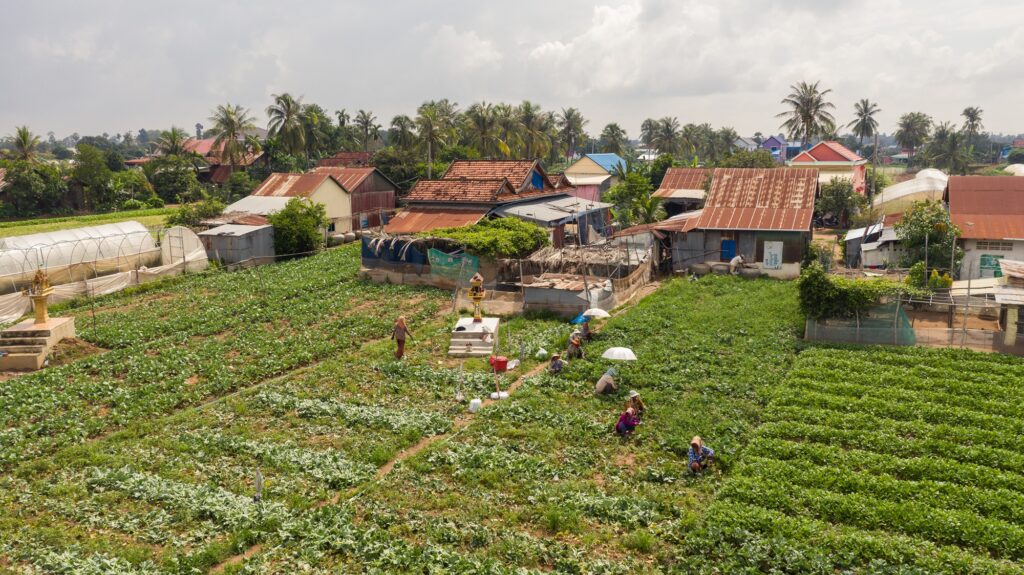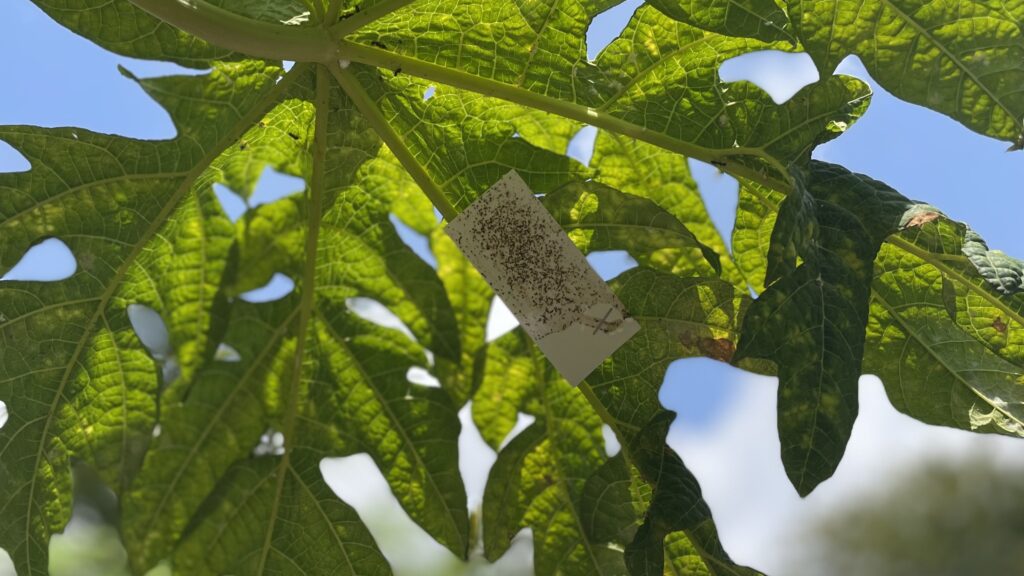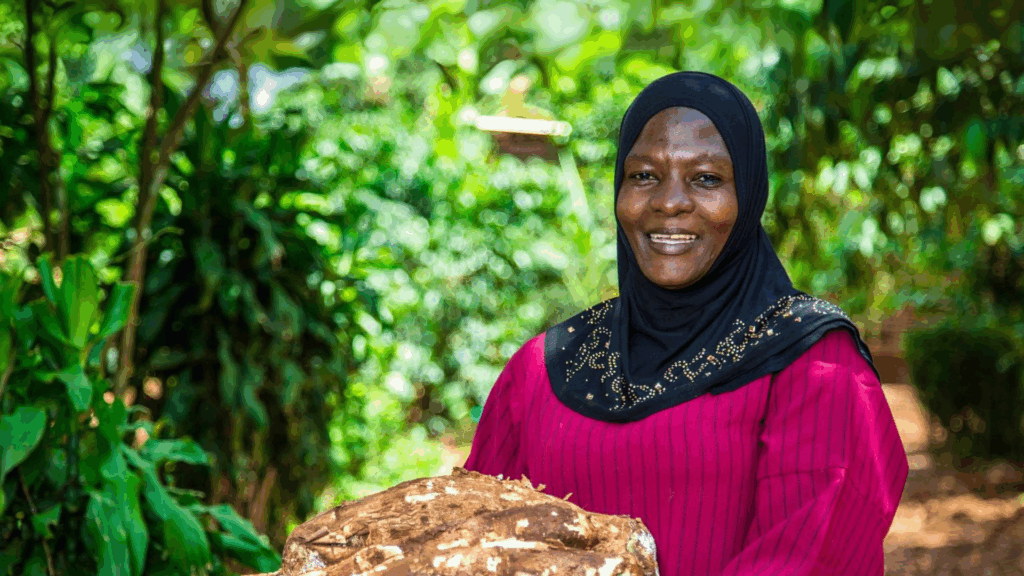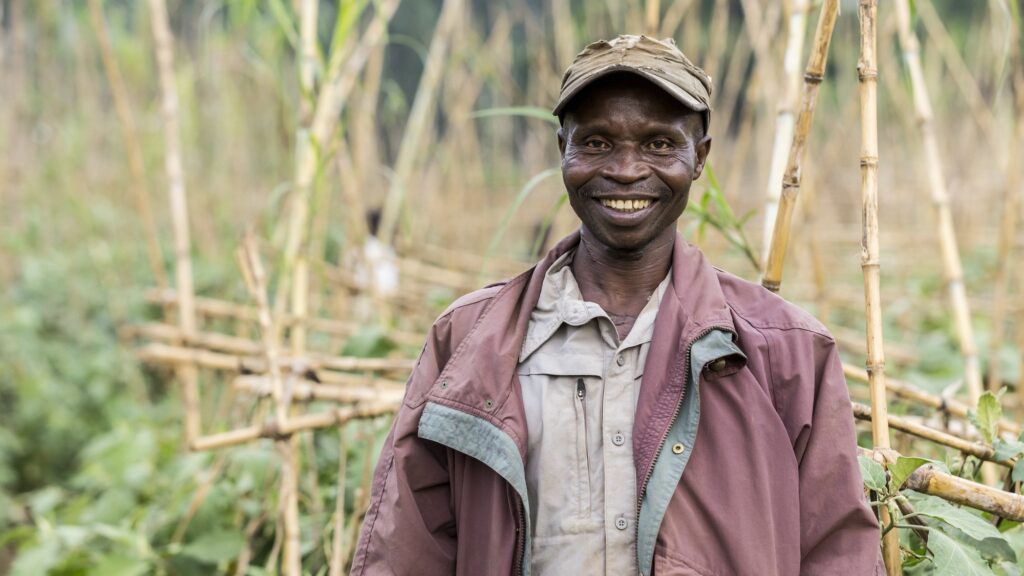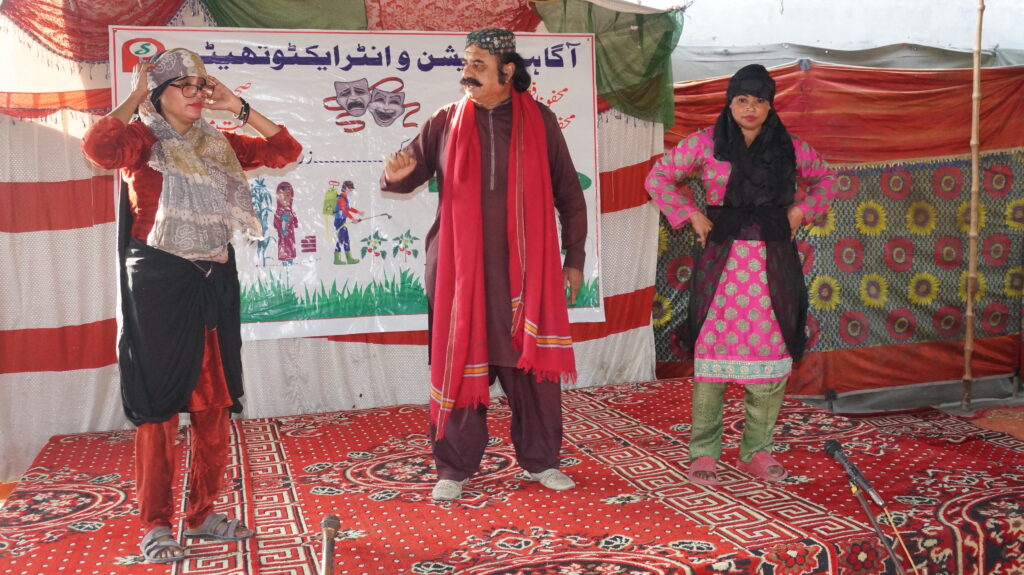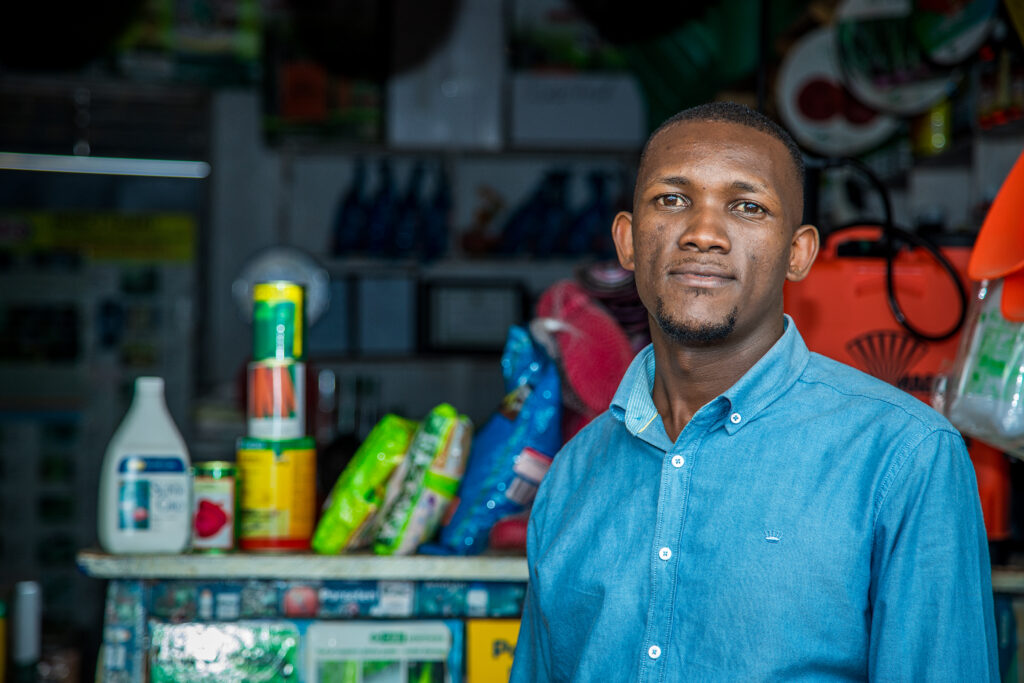Empowering women farmers in Pakistan with pest control knowledge
Women farmers in Pakistan play a central role in the country’s economy. However, many struggle to access essential information about sustainable farming approaches. Women make up nearly 66% of the agricultural workforce in Pakistan. Yet they receive very little agricultural extension advice. This lack of support creates serious challenges, particularly when it comes to managing…
Empowering women farmers through Gender Technical Working Groups
How PlantwisePlus is championing gender equality in agriculture through GTWGs Gender Technical Working Groups play a vital role in advancing equality in rural communities. Women in villages often have less access to knowledge, resources and power than men. They are less likely to be able to attend agricultural training. In addition, many struggle to secure…
“The health of plants, animals, people and the environment is interlinked in so many ways”
Without healthy crops, food systems crumble, livelihoods suffer, and communities become more vulnerable to food insecurity. PlantwisePlus supports countries in strengthening plant health systems and improving food quality, quantity, and security. Plant clinics are central to this approach, providing farmers with diagnosis and treatment advice for any crop problem.
Youth in agriculture: Meet Anthony Ssenyonga, an agri-entrepreneur in Uganda
Anthony Ssenyonga, 29, is an agro-input dealer, plant doctor, and entrepreneur whose innovative use of digital tools is supporting smallholder farmers in his community and beyond. He is a leader among the youth in agriculture in Uganda, inspiring other agri-entrepreneurs. Before his rise as a digital agricultural champion, Anthony was a small-scale vegetable farmer, helping…

